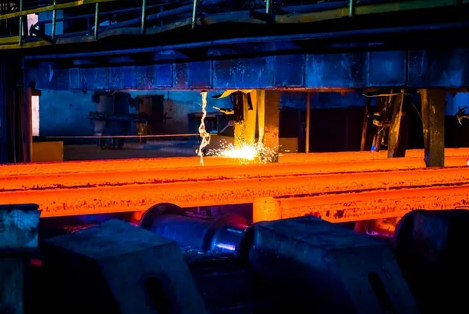According to the Ministry of Trade, Industry and Resources of South Korea, Gwangyang experienced a sharp decline due to the influx of cheap steel imports, lower steel prices and weakening domestic demand, which led to lower profitability across the sector. In Gwangyang, 88.5% of local industrial production comes from steel, 97.5% of exports come from this sector, and 9.7% of employment is directly related to steel-related activities. The ministry said such concentration levels make the city particularly vulnerable to external shocks such as lower global prices and surges in imports.
Under the new designation, Gwangyang will remain a special crisis response zone for two years, during which local companies will have access to emergency liquidity assistance and low-interest loans. These measures are designed to help protect operations and stabilize employment, at a time when the region is going through a difficult period marked by oversupply and increased import pressures.
The announcement follows the government's recent introduction of the national steel competitiveness roadmap earlier this year.






